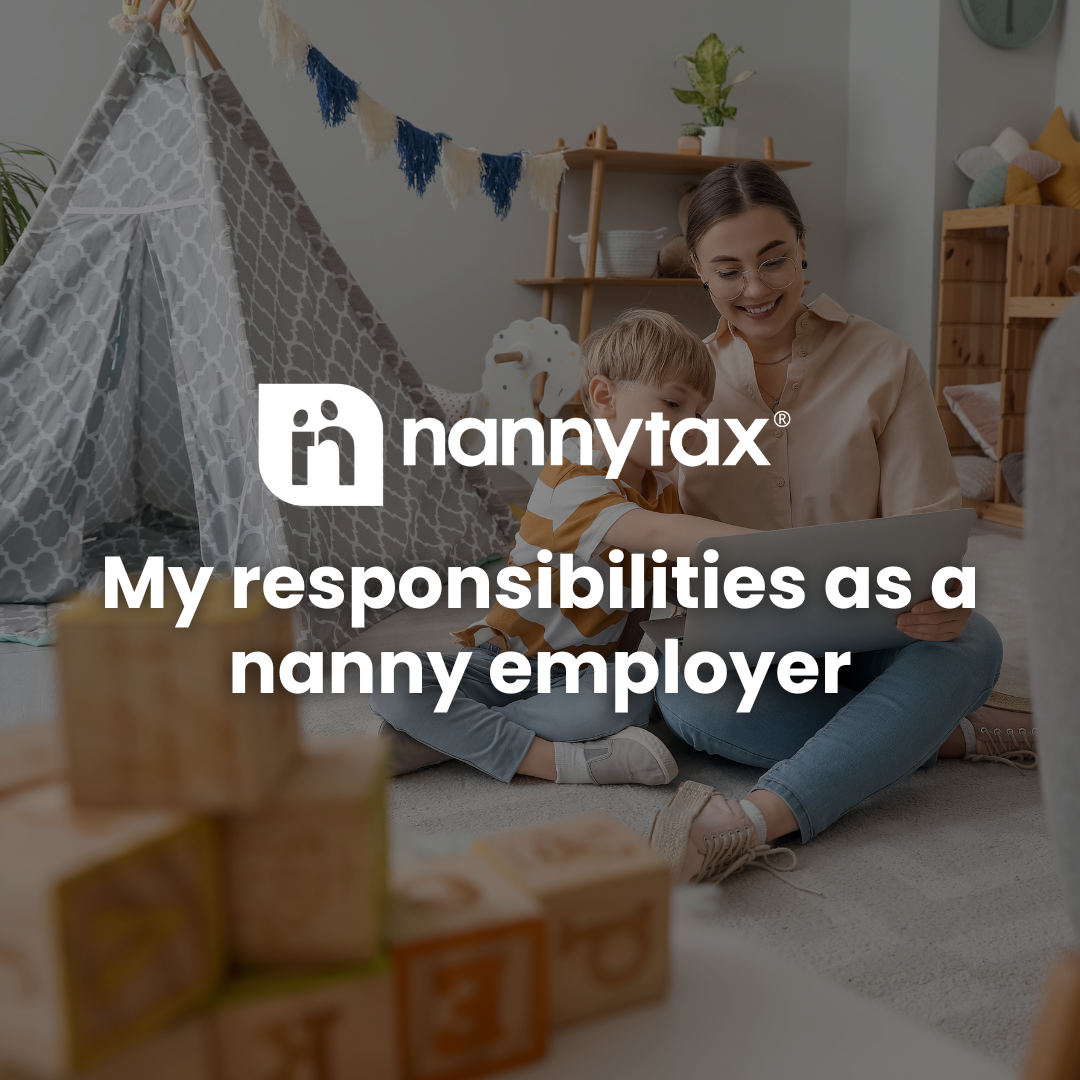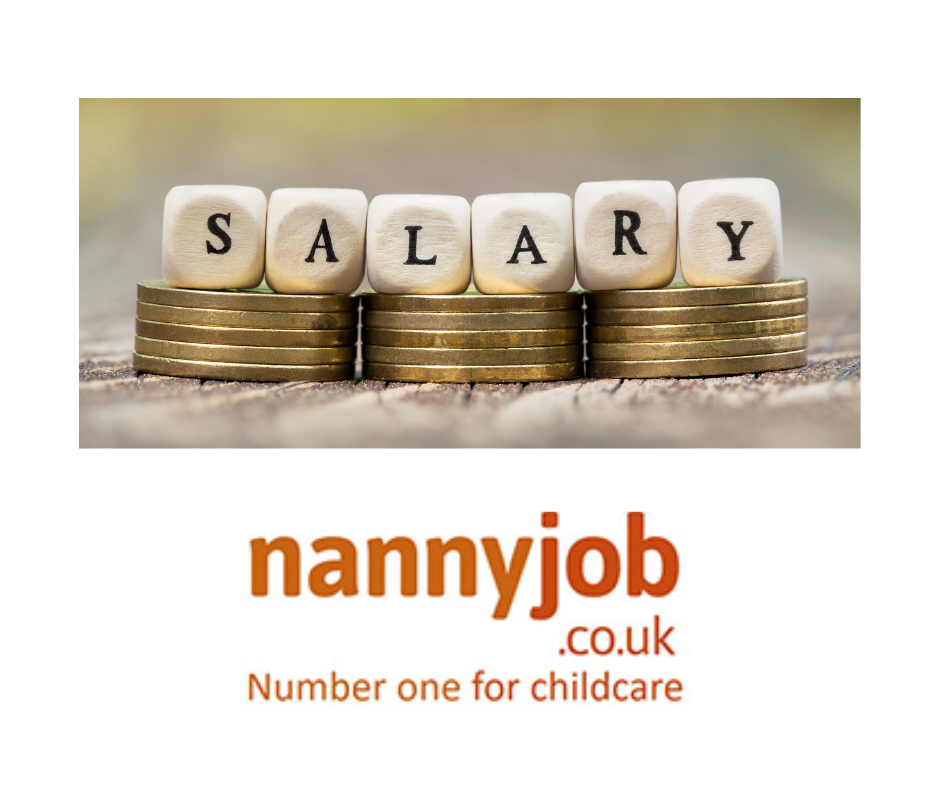Almost all employment industries in the UK discuss salaries in Gross terms; in the nanny industry, however, this hasn’t always been the case. Some nannies are still paid net salaries, but as an employer, if you agree to a Net salary with your nanny you may be in for a shock when faced with how much employing your nanny is really going to cost…
What is Net Pay?
Net Pay is the ‘Take Home Pay’ that your nanny receives after Tax, National Insurance, and Pension deductions (if applicable). This means you will be liable for paying your nanny’s tax, National Insurance, Pension contributions, as well as any student loans and/ or attachment of earnings order (such as previously unpaid council tax or child maintenance) against your employee on top of their salary. This is where many employers find themselves paying a lot more than they had anticipated.
What is Gross Pay?
Gross Pay includes your nanny’s ‘Take Home Pay’ and your nanny’s tax, National Insurance, and Pension Contributions (if applicable).
What are the benefits of a Gross salary?
For Nanny Employers:
- A Gross salary will help you budget better because it includes tax, National Insurance, and pension contributions right from the start.
- You won’t be responsible for any unpaid taxes or deductions from the nanny’s previous jobs.
- It makes things clearer when dealing with HMRC, who usually only talk in Gross terms.
For Nannies:
- A Gross salary provides job stability, since employers know the full cost upfront.
- You can take advantage of your tax-free allowance, which usually increases each April.
- You can compare your salary with other childcare jobs, since most industries use Gross terms.
- It’s easier to show proof of income for things like mortgages or loans because lenders usually want to see Gross income.
So how much does employing a nanny really cost?
The Gross salary doesn’t cover all the costs of employing a nanny. What does cover everything is something called the ‘Total Cost of Employment’.
The Total Cost of Employment is the Gross Salary, plus the Employer’s National Insurance Contributions and the Employer’s Pension Contributions (if applicable).
In other words, a Gross salary accounts for your nanny’s tax, National Insurance, and Pension Contributions, but not your own employer contributions.
How can I work out my Total Cost of Employment?
If you’d like to work out your Total Cost of Employment, you can use Nannytax’s Calculator. Simply enter the Gross or Net salary figure and it will calculate your Total Cost of Employment and some additional helpful breakdowns – easy peasy!
This blog was written by Nannytax, with over 30 years of experience, they are the UK market leader in nanny payroll and nanny employment.
Discover more about Nannytax here.










